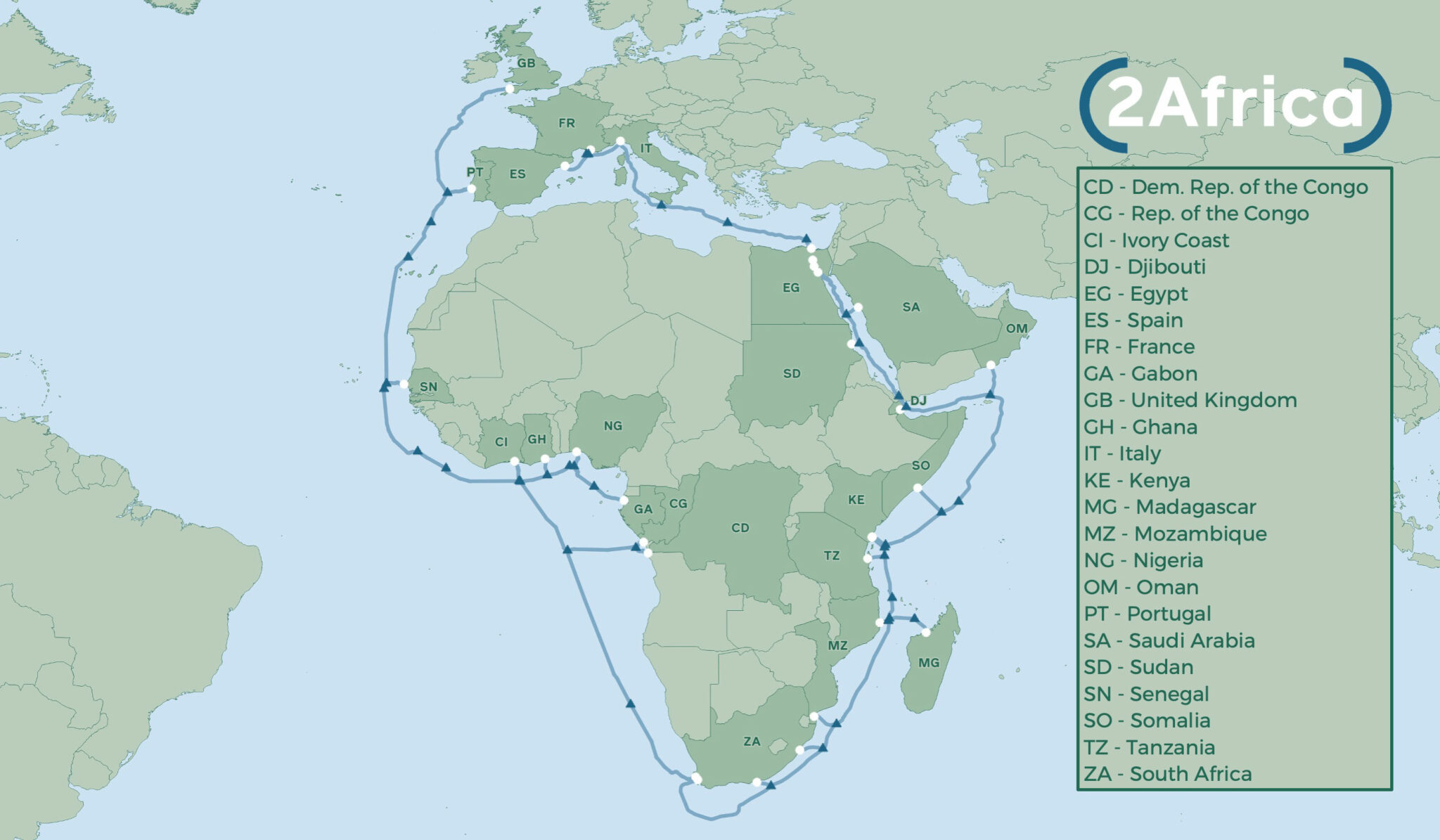I want to learn more on how the internet came into being. Why is it structured this way? Since the internet kind of stomps on anyone who has anything useful to say with trolling and memes to make that persons arguments null. How does this tyrannical system lives and grows? I wonder, what is socialists and communists strategy to combat short term memory and short attention span that rising among the new generation? I think we need to address the lack of analysis between the internet and human psychology from a marxist perspective.
I think the state of the internet is currently telecom landlords providing the basic hardware infrastructure like cables and routers for a fee, big tech corporations and traditional news outlets dominating mainstream websites/apps, and finally other groups doing things like maintaining technical standards, improving FOSS ecosystem, and building decentralized platforms to combat mainstream centralized platforms etc.
The pervasive anarchist "freedom" mentality on the internet brought by the US, that it shouldn't be regulated by the government, has led to an anarchist-style landscape that is instead regulated by private entities. Sure there are still some restrictions on what corporations can do like privacy laws, but the bigger problems are that relating to "free speech" and valid information.
Note that although we are on Lemmygrad, one of the many decentralized platforms in the Fediverse, this doesn't mean that decentralized platforms are a good alternative to centralized capitalist platforms. For starters anyone can setup a platform for their own reactionary groups. Without clear guidelines for development, decentralization is nothing more than chaotic anarchy that capitalists can take advantage of. The internet is already decentralized on the lower physical/link/transport layers (OSI model), the fact that we now have to "re-decentralize" it on a higher layer for applications like social media and file sharing is why I think this model is not sustainable for socialism on the internet.
First the Internet was designed to provide battlefield command and control and then it was turned loose on the public and they tried to make it "profitable" selling ads.
I think the great firewall was a good idea
This jogged my memory, in between control centers and making money off ads there's been a lot of stuff. I'd never done a lot of research into what the very early internet was like, people told me "scientists mostly used it for sending work to each other".
But from the beginning there were people like Stewart Brand running invite-only websites for journalists. I really don't have the full story on that. I'm sure I'm missing lots of stuff.
He looks a lot like a spook to me, maybe this is just how rich early internet pioneers are. Dude ran a fake Indian heritage foundation with his wife, eat your heart out
 Warren. To this day he inexplicably gets pro-fossil fuel articles published and boosted on the Bad Orange Website (I initially encountered him in the comments and in Wikipedia surrounding such articles or his own page lol). He despises Rachel Carson for trying to give pesticides bad PR.
Warren. To this day he inexplicably gets pro-fossil fuel articles published and boosted on the Bad Orange Website (I initially encountered him in the comments and in Wikipedia surrounding such articles or his own page lol). He despises Rachel Carson for trying to give pesticides bad PR.
By the Internet, you mean the web? And by the web, you mean some website? Most likely a Western one that you frequent, presumably by using a portable telephone version of it? And people were mean to you there and therefore the entire internet is tyrannical. Should we burn allb of the libraries too or or that level of technology just right?
I think you need to refine your question.
I mean, its a lot of things, starting all the way back to the ARPAnet days. The fact that encryption and privacy were not core to the specifications being built at the time means for much of the Internet's history, information passed as clear text. The project started in academia, which is probably why privacy was never considered because they imagined that only working professionals and academics would use it.
It was also a military project with the stated of goal of decentralizing our telecommunications network so that in the event of a nuclear attack, the military could still maintain comms, even if one of the major nodes went down.
Another reason why so much of it was in clear text is that for the majority of the lifespan of encryption via computers, that technology was listed as a munition. Being on the munitions list and meant that it could not be exported internationally or utilized by regular citizens.
However, as more and more people came online and the commercialization of the internet began, it was pretty clear that this could be used as a method of surveillance, although I have no material evidence of that. There was likely a tipping point in the past where national security concerns outweighed the desire for domestic surveillance and encryption was removed from the munitions list.
With the corporatization of the internet however it meant that the capitalist mode of production could swing into full effect in this unregulated and untested market. This is what ultimately led to the .com bubble, but what came out of that bubble was the knowledge of how to monetize the internet as well as vast consolidation of technological advancement over the course of the bubble's life.
The true revolution in monetization came with the onset of interpersonal networks becoming centralized and privatized. Things like XMPP/Jabber loosing to privatized systems like gchat and facebook messanger. The like-button, googles search dominance, the social feed of facebook, and amazon becoming the internet marketplace meant a full circle of information for users: What are you looking for? Who do you know? Where do you live? What sites do you visit? What are you buying?
All these questions could be answered thanks to google, facebook and amazon. Its no surprise then that each of them operated their own ad service. This leads to the inevitable outcome we have today.
combat short term memory and short attention span
This is up there with "generation psychology" for number one thing nobody even expects to be true in practice but still gets talked about constantly. I don't think this is true.
Of course there is brainrot but it's not like some blanket thing caused by screentime and unfortunately brainrot doesn't always involve reduced memory or attention span. It involves extensive attention span and recall of nothing other than Baby Gronk New Rizz King??? Destiny Vs Hasan Piker??? Family Guy Vs Subway Surfers AI Generated Anime Skibidi Toilet Lore Analysis Video (GONE SEXUAL). You can't get these mother fuckers to talk about ANYTHING ELSE. How is that reduced attention span and memory lol? For the things YOU are saying to them, maybe. I digress.

Where the internet came from: The US military. https://wiki.froth.zone/wiki/Semi-Automatic_Ground_Environment The Phoenix Program (I recommend the OG Douglas Valentine's book and the book he wrote afterwards about how people like Seymour Hersh sensationalized and watered down its contents simultaneously, running damage control by treating My Lai like a more singular atrocity than it was)
Where the internet is going: 🌍
Get ready, I have already begun talking to the Horn of Africa bros on Twitter. Currently African internet can be totally dogshit. But the more connected people get, the more US telecoms and social media companies mediate those connections. Maybe there are ways we can mitigate that? Are there? I just wanted to hate Comcast and complain about video games. Now I don't have any games and I willingly look up videos of combine harvesters. Something horrible is happening inside of me, and I don't know why.
 Show
Show





